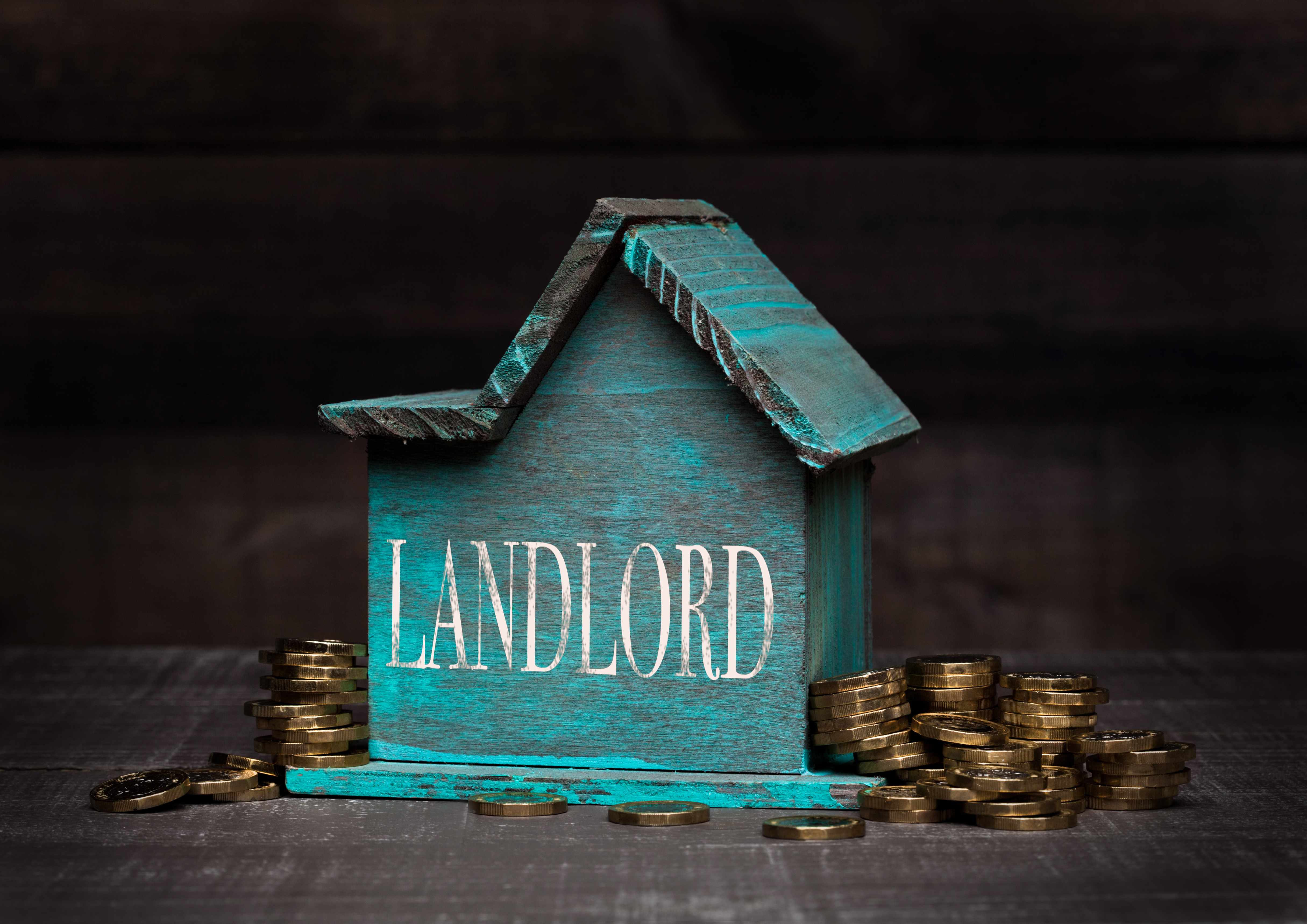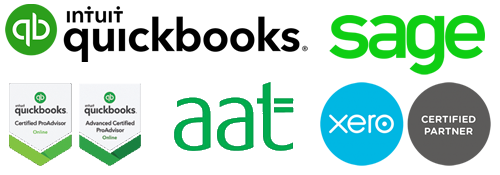Do you have your sights set on becoming a landlord? Brilliant! However, before you make the leap, it's absolutely vital to have a well-thought-out plan for your property's ownership structure. We've stripped back all the jargon and complexities here, so you can embark on your landlord journey with confidence.
- Owning the Property in Your Own Name
The most uncomplicated method is to purchase the property in your personal name. In this case, you'll need to fill in a self-assessment each year, settling taxes on any profit you make. If you're buying the property and it isn't already yours, you'll need to pay the buy-to-let stamp duty rate.
You cannot claim the mortgage or the interest as an expense as a gain against the rental income, however you can claim a tax credit of 20% on the interest against any other income you may have.
This situation might be best for you if you've become a landlord by circumstance (perhaps you've moved in with a partner but still hold onto your old home). It's also suitable if you're not planning to acquire more properties and if you're a basic rate taxpayer—meaning your total income from employment and rent doesn't exceed £50K a year.
Do bear in mind that if you choose to sell the property, you'll be liable for capital gains tax (18%-28% of the profit, depending on your other income, after taking into account any allowances and reliefs). However, you'll also be entitled to private residence relief for the time you occupied the property.
- Joint Ownership of the Property
When you co-own a property, the income has to be distributed according to the proportion of ownership. For instance, if you both own 50%, and one of you is a higher-rate taxpayer, the higher earner will bear a larger tax burden. Some couples choose to restructure the ownership to assign more income to the basic-rate taxpayer, but it's strongly advised to seek legal counsel before going down this route.
As with individual ownership you cannot claim the mortgage or interest, but can claim a 20% tax credit against other income you may have.
Both owners must complete an annual self-assessment and pay tax on any profit they generate. Much like personal ownership, if you decide to sell, you'll be subject to capital gains tax, but you'll qualify for private residence relief for the period you lived in the property.
- Property Owned by a Company
If a company owns the property, you are obliged to submit yearly accounts to Companies House and a corporation tax return (CT600) to HMRC. As a director, it's crucial to declare your role in your self-assessment, along with any dividends you've received.
This setup can be incredibly tax-efficient when it comes to withdrawing money from the business. This is because the payouts can be adjusted according to shareholders' tax bands, taking profits as dividends, which are taxed at a lower rate than personal income. If the company sells any properties for a profit, it pays corporation tax (ranging from 19%-25%, depending on total income) and is exempt from capital gains tax.
As a company you can claim all the interest on mortgages against the rental income.
Remember, companies are subject to higher stamp duty rates for any residential property they purchase if the property is valued at £40,000 or more, or if the purchased interest doesn't have more than 21 years left on its lease. The rates are currently 3% from £0 - £250K, and 8% from £250,001 - £500K. For properties valued above £500,000, a 15% SDLT rate may apply instead. These higher rates are in addition to the standard stamp duty rates, which can be found here.
Company ownership tends to be the most advantageous if you own multiple rental properties, are in a higher tax bracket, or plan to make a profit by selling properties.
Taking on the role of a landlord need not be daunting. By understanding these tax considerations, you're well-positioned to make informed decisions and maximise your investment.
This information is accurate as of 14th July 2023, but do keep in mind that laws change, and certain provisions like private residence relief may be different in the future.
Please reach out to us if you would like more information: [email protected]















